Silvia Frigato and Aldo Orvieto - Fano: Canti (2024) [Hi-Res]
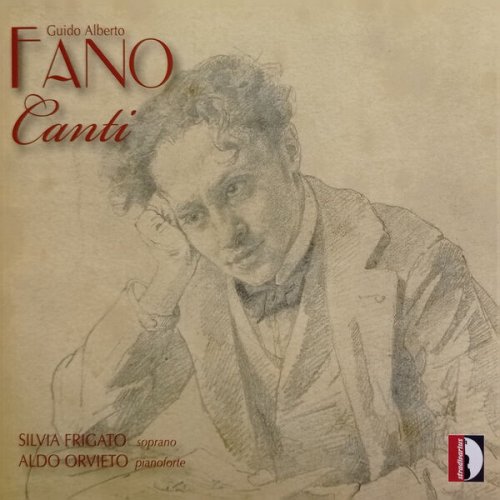
Artist: Silvia Frigato, Aldo Orvieto
Title: Fano: Canti
Year Of Release: 2024
Label: Stradivarius
Genre: Classical
Quality: FLAC (tracks) / 24bit-96kHz FLAC (tracks)
Total Time: 58:10
Total Size: 208 / 991 MB
WebSite: Album Preview
Tracklist:Title: Fano: Canti
Year Of Release: 2024
Label: Stradivarius
Genre: Classical
Quality: FLAC (tracks) / 24bit-96kHz FLAC (tracks)
Total Time: 58:10
Total Size: 208 / 991 MB
WebSite: Album Preview
1. 7 Canti su poesie di Gabriele d'Annunzio: No. 1, O strana bimba (1:58)
2. 7 Canti su poesie di Gabriele d'Annunzio: No. 2, O falce di luna calante (1:42)
3. 7 Canti su poesie di Gabriele d'Annunzio: No. 3, La stornellatrice (3:45)
4. 7 Canti su poesie di Gabriele d'Annunzio: No. 4, È il pomeriggio tacito (2:25)
5. 7 Canti su poesie di Gabriele d'Annunzio: No. 5, Per te germogli l'ecloga a li ozii (2:03)
6. 7 Canti su poesie di Gabriele d'Annunzio: No. 6, Si frangono l'acque odorose (1:27)
7. 7 Canti su poesie di Gabriele d'Annunzio: No. 7, ...A l'avvenire (6:49)
8. Ad Annie (2:41)
9. Il sogno della vergine: No. 1, La vergine dorme (2:00)
10. Il sogno della vergine: No. 2, Stupisce le placide vene (1:47)
11. Il sogno della vergine: No. 3, Un figlio! Che posa nel letto suo vergine! (1:56)
12. Il sogno della vergine: No. 4, Si dondola dondola dondola (1:27)
13. Il sogno della vergine: No. 5, Il lume inquieto ora salta guizzando (2:26)
14. Le lis (3:52)
15. 3 Canti: No. 1, In mezzo al verde mar (1:55)
16. 3 Canti: No. 2, O palombella (0:47)
17. 3 Canti: No. 3, Resurrezione (2:32)
18. Juturna: Sì, son Juturna tua (4:41)
19. Juturna: L'eterno dolore (12:08)
Guido Alberto Fano’s vocal chamber works form an important part of his musical output and mark the three crucial phases of his artistic growth. His earliest songs date from the last years of the 19th century, during his period of training and the start of his musical career in Bologna, using texts by local poets such as Angelina de Leva, Luigi Arturo Bresciani and Giuseppe Lipparini. Then, during the first fifteen years of the 20th century, his most “experimental” years, Fano began to draw inspiration from some of the most distinguished names in Italian poetry, including Boccaccio, Carducci and Pascoli. Finally, his last creative period, after the 1930s, saw a return to the vocal genre with seven pieces on poems by D’Annunzio and one by Carducci, all written in 1945. Fano usually calls his vocal compositions “canti”, a choice often shared by his colleagues of the so-called “generation of the eighties”. On the whole, Fano’s music reveals a commitment to avoid stereotypes and surrendering to the vestiges of easy appeal, demonstrating the composer’s sensitivity in responding to the ethical demands of modernity, with that determined solicitude which characterised the inner workings of the great composers of the early 20th century.
- Vitale Fano
- Vitale Fano
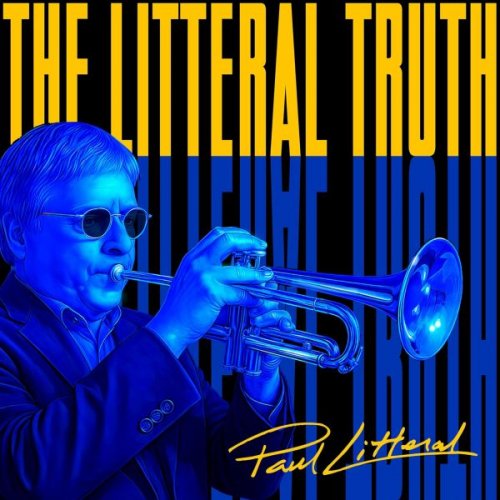
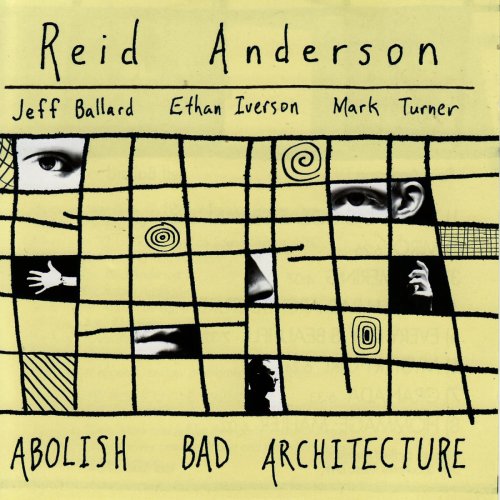
![Alma Micic - You're My Thrill (2024) [Hi-Res] Alma Micic - You're My Thrill (2024) [Hi-Res]](https://www.dibpic.com/uploads/posts/2025-12/1766493943_amyt500.jpg)
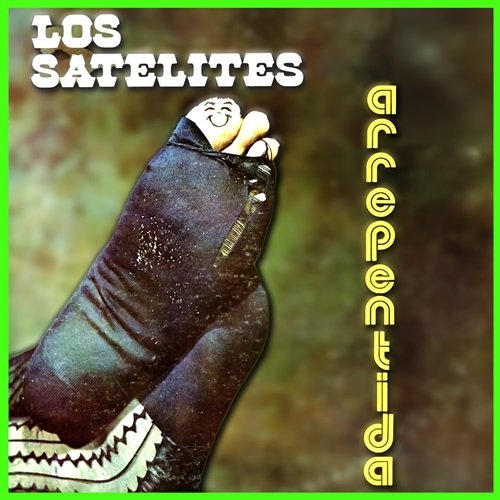
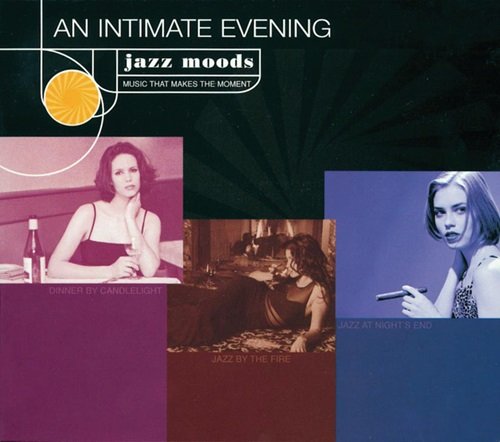
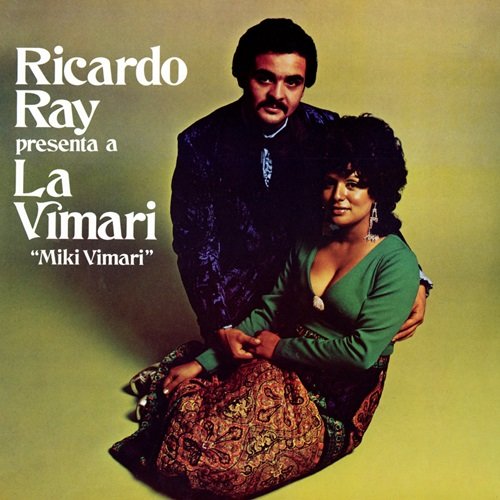
![Jamaican Jazz Orchestra - Rain Walk (2019) [Hi-Res] Jamaican Jazz Orchestra - Rain Walk (2019) [Hi-Res]](https://img.israbox.com/img/2025-12/21/snzv0mdiaf2dg21tiqrm87jaq.jpg)
![Teho Teardo, Blixa Bargeld - Christian & Mauro (2024) [Hi-Res] Teho Teardo, Blixa Bargeld - Christian & Mauro (2024) [Hi-Res]](https://img.israbox.com/img/2025-12/21/bjlcx9vjtvjfc16apdpl5r09h.jpg)
![Paul Mauriat - Mamy Blue (1971) [Hi-Res] Paul Mauriat - Mamy Blue (1971) [Hi-Res]](https://www.dibpic.com/uploads/posts/2025-12/1766140814_nqjtxk40yc4oi_600.jpg)